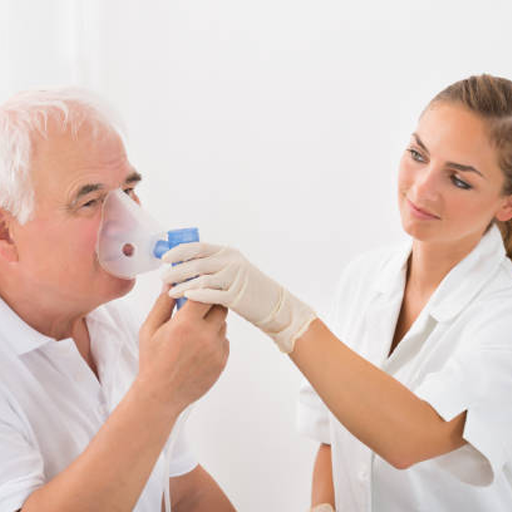Having a sufficient supply of medical oxygen cylinders in hospitals and clinics is crucial for several reasons. Oxygen is a fundamental component in the treatment of various medical conditions, and its availability directly impacts patient care and outcomes. Here are several key reasons why it is necessary to have an adequate supply of medical oxygen cylinders:
- Life-Sustaining Gas: Oxygen is essential for human life, and it is necessary for the functioning of vital organs, including the brain, heart, and lungs. Adequate oxygen supply ensures that patients with respiratory distress or other conditions receive the oxygen they need to survive.
- Respiratory Support: Many medical conditions and emergencies, such as pneumonia, chronic obstructive pulmonary disease (COPD), asthma, and acute respiratory distress syndrome (ARDS), require oxygen therapy to support breathing and alleviate symptoms. Oxygen therapy increases oxygen levels in the bloodstream, improving tissue oxygenation and reducing the workload on the respiratory system.
- Emergency Situations: Hospitals and clinics often handle emergencies such as cardiac arrest, trauma, or respiratory failure. In these critical situations, immediate access to oxygen can be a matter of life or death. Oxygen administration can stabilize patients until further medical interventions can be initiated.
- Post-Surgical Care: After surgery, patients may experience respiratory complications or require additional oxygen support during recovery. An adequate supply of medical oxygen ensures that patients can receive the necessary post-surgical care and improve their chances of a successful recovery.
- Chronic Conditions: Many patients with chronic illnesses, such as cystic fibrosis, pulmonary fibrosis, and certain cardiac conditions, require long-term oxygen therapy to manage their conditions effectively. Access to a sufficient supply of oxygen cylinders enables them to maintain a better quality of life and manage their symptoms.
- Intensive Care Units (ICUs): ICUs provide critical care to patients with severe illnesses or injuries. These units often require high-flow oxygen therapy and mechanical ventilation, both of which heavily rely on a steady supply of medical oxygen. Insufficient oxygen availability can significantly compromise the care provided in ICUs and jeopardize patient outcomes.
- COVID-19 Pandemic: The COVID-19 pandemic has demonstrated the critical importance of oxygen in treating severe cases of the disease. Many COVID-19 patients develop acute respiratory distress syndrome (ARDS) and require oxygen support. The surge in demand for medical oxygen during the pandemic has highlighted the need for a robust and ample supply to avoid potential shortages and save lives.
- Backup and Redundancy: Hospitals and clinics must have backup systems and redundancy in their oxygen supply to account for unforeseen circumstances such as power outages, equipment failures, or natural disasters. Maintaining an adequate inventory of medical oxygen cylinders ensures a continuous supply and mitigates the risk of interruptions in patient care.
In summary, having a sufficient supply of medical oxygen cylinders in hospitals and clinics is essential for sustaining life, providing respiratory support, managing emergencies, facilitating post-surgical care, addressing chronic conditions, supporting ICU care, responding to pandemics like COVID-19, and ensuring backup systems. Oxygen is a lifeline in medical settings, and its availability can make a significant difference in patient outcomes and overall healthcare delivery.


